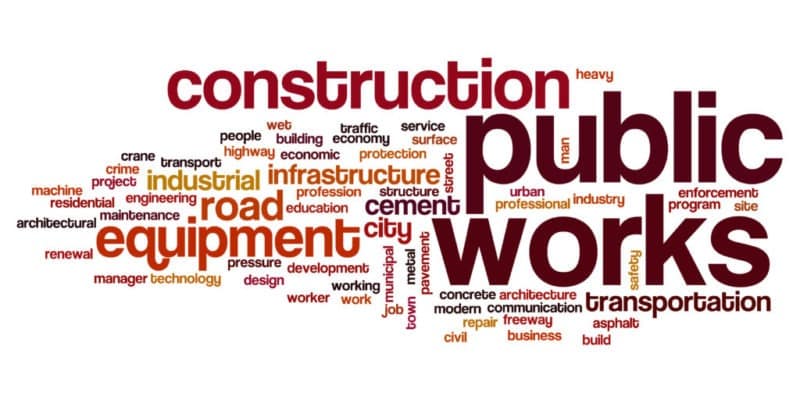By Letters to the Editor
September 6, 2017 at 12:01 am
Re: “State’s not-so-affordable housing plans” [Opinion, Aug. 31]: Your editorial advocates cutting the pay of construction workers to pad the profits of housing developers. Finally, we have an honest summation of the argument of the housing industry against the prevailing wage: profits before people.
The editorial, however, lacked credibility as well as heart. In outlandish fashion, it cited the recent bought-and-paid-for study funded by the California Homebuilding Foundation to say that the prevailing wage would result in a 37 percent increase in housing costs. The organization, of course, is made up of some of the biggest contractors and real estate developers in the state. And just as your editorial acknowledged, when it comes to maximizing profits, they’d rather pay their poverty wage than a prevailing wage.
In that process, distorting the truth and the facts is no big deal, and the predicted 37 percent housing cost increase that you quoted in your editorial has no basis in reality. In fact, it is up to six times higher than some numbers that the study’s same authors put out in some of their own previous reports.
More credible research puts the added cost of construction related to the prevailing wage at around 3 percent. The increase is then easily made up by savings associated with the skilled-and-trained prevailing wage work forc










